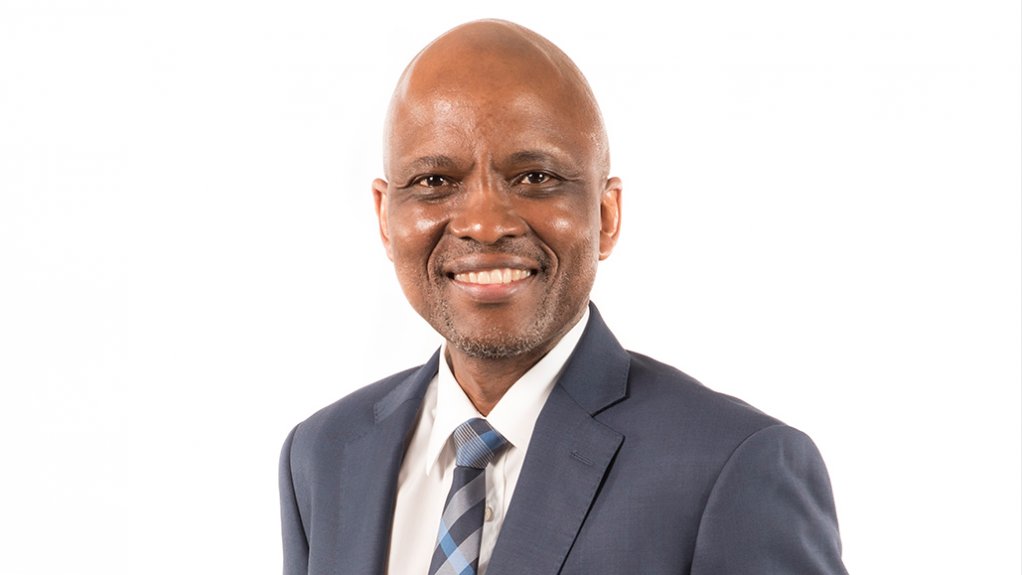Business Unity South Africa president Mxolisi Mgojo reports that the collaboration between business and government to turn around the performance of Transnet could result in the struggling State-owned freight logistics group moving significantly more volumes in the year to March than was guided in earlier forecasts.
In a briefing this week following the most recent meeting between President Cyril Ramaphosa, his Cabinet and the senior business leaders who have signed up to support government in tackling the triple crises in electricity, logistics and crime, Mgojo reported that there had been “remarkable progress” in recent months.
Transnet, he reported, was now forecasting volumes of greater than 151-million tons for the 2023/24 financial year, rather than the 142-million tons outlined in October.
The former Exxaro CEO attributed the improvement to the culture change that had accompanied the appointment of interim leadership late last year at both Transnet and Transnet Freight Rail (TFR), with two of those executives, Michelle Phillips and Russell Baatjies, having recently been confirmed as the permanent CEOs of Transnet and TFR respectively.
“There has been a remarkable, and I will say a really remarkable, improvement in what we've been able to achieve,” Mgojo, who is playing a central role on behalf of business in the National Logistics Crisis Committee (NLCC), asserted.
Nevertheless, the logistics crisis remained a “critical risk to the economy”, with mining stockpiles having increased to “unsustainable levels” and coal exports at their lowest levels in 30 years.
Likewise, truck congestion at certain borders, which at times resulted in queues of up to 10 km, was negatively affecting various communities and road infrastructure, while the agriculture sector remained deeply concerned about persistent challenges at key export ports, such as Cape Town.
Mgojo reported that the NLCC had agree on six priority actions to tackle the crisis, including ongoing delivery on the Transnet Recovery Plan, with a focus on implementing operational excellence centres and the secondment of technical resources to the utility.
“We have also, as business, brought in a lot of other private sector technical expertise into the fold and these experts have been seconded to work within Transnet and they have primarily been brought in to provide critical support to senior executives.”
Many of the secondees are former senior Transnet executives themselves, and they have been assisting with efforts to reduce the backlog of ships at anchorage at ports such as Durban and Cape Town, as well as with the spares constraints that have been afflicting rail operations on key rail corridors, including coal.
The other five NLCC priorities are:
- Advancing the Economic Regulation of Transport Bill to implementation, with Mgojo optimistic that Ramaphosa will sign off soon on the legislation passed by Parliament on February 29;
- Improving security on key corridors transporting coal and chrome;
- Implementing the Freight Logistics Roadmap, which includes plans for third-party access to the rail network and the splitting of TFR into the Transnet Rail Infrastructure Manager and the Transnet Freight Rail Operating Company;
- Expediting the Private Sector Participation framework across ports and rail; and
- Addressing the remaining procurement issues, relating largely to critical spares.
Despite this progress, however, Mgojo stressed that the continued poor operational performance and inefficiencies at Transnet continued to cost the economy R1-billion a day, which he said underlined the urgency of both the recovery plan and the associated reforms.
EMAIL THIS ARTICLE SAVE THIS ARTICLE ARTICLE ENQUIRY
To subscribe email subscriptions@creamermedia.co.za or click here
To advertise email advertising@creamermedia.co.za or click here











